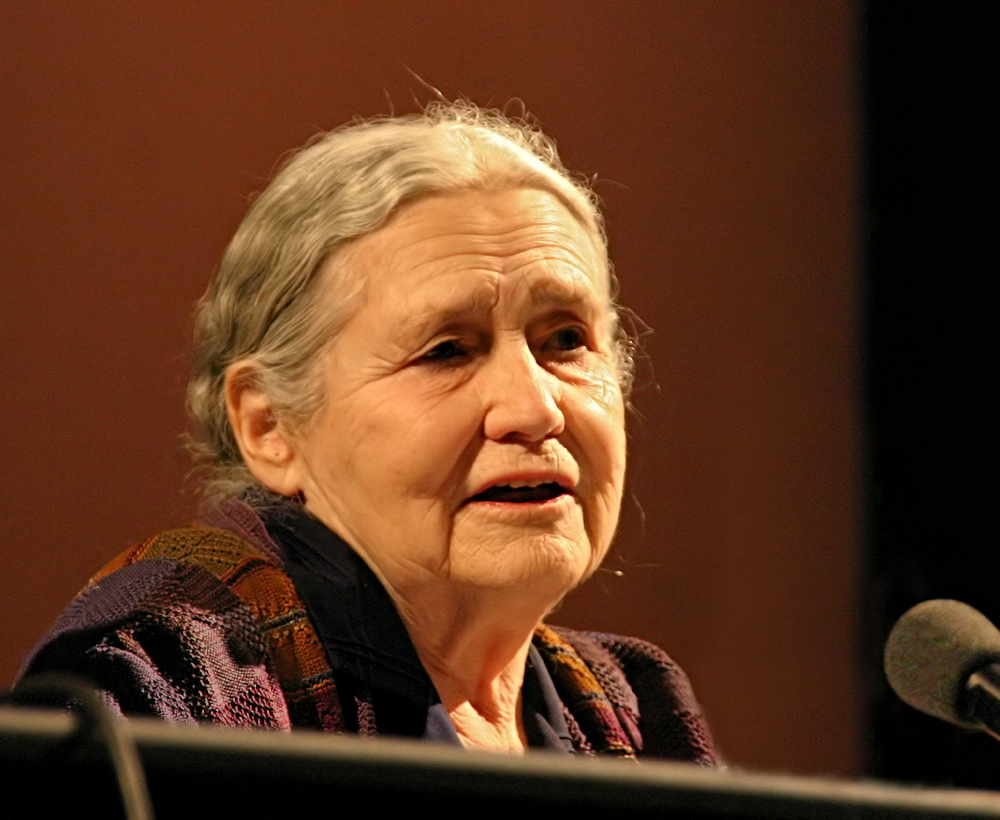Twenty-three years after their purchase by the University of Sussex, an archive of Nobel Laureate Doris Lessing’s love letters will be revealed to the public.
The letters, which had previusly been held at Smith College, were opened by Sussex archivists in 2013 upon Lessing’s death at 94. However, this is the first time that they will be publically available.
The letters are addressed to “Smithie”, Leonard Smith. He and Lessing met in 1944 in what was then Southern Rhodesia. “Smithie” was a partial inspiration for one of the characters in Lessing’s master- piece The Golden Notebook.
Although the largest collection of Lessing’s manuscripts is held in Austin, Texas, the Sussex archive holds 150 letters from Lessing’s side of their correspondence. The letters will reveal decades of intimate infor- mation previously unavailable.
Doris Lessing won the 2007 Nobel Prize in Literature, being the eleventh woman and oldest person to do so.
The Swedish Academy described Lessing in 2007 as “that epicist of the female experience, who with scepticism, fire and visionary power has subjected a divided civilisation to scrutiny.”
She is the author of such famous texts as The Grass is Singing (1950), The Good Terrorist (1985) and the Children of Violence series.
Lessing did not limit herself to any one topic. Her writings are radically diverse in their content; feminist, communist, psychological, and scientifically speculative.
Chloë Porter, final year English student at Sussex, commented that “it’s a really special prospect to get to delve into the private writings of such an exciting woman”.
Lessing lead an extraordinary life: born in Iran and raised in what is now Zimbabwe.
She left school at the age of 13 and educated herself from then on. She published her first material at age 15 and wrote over 50 books during her life.
Aside from writing, Lessing campaigned furiously against nuclear arms and apartheid, which led to her being banned from entering South Africa and Rhodesia.
Due to her politically-charged life, MI5 and MI6 surveilled Lessing for approximately twenty years – these documents were released to the public on August 21st 2015.
To celebrate the opening of the archive to the public, the University of Sussex will be holding a work-shop on March 3rd from 16:00pm -19:30pm entitled “Opening the Doris Lessing Letters”.
The workshop provides an opportunity to delve into the letters and hear talks from Dr. Pam Thurshwell and Dr. John Masterson, both lecturers at the University of Sussex.
Josie Mortimer


